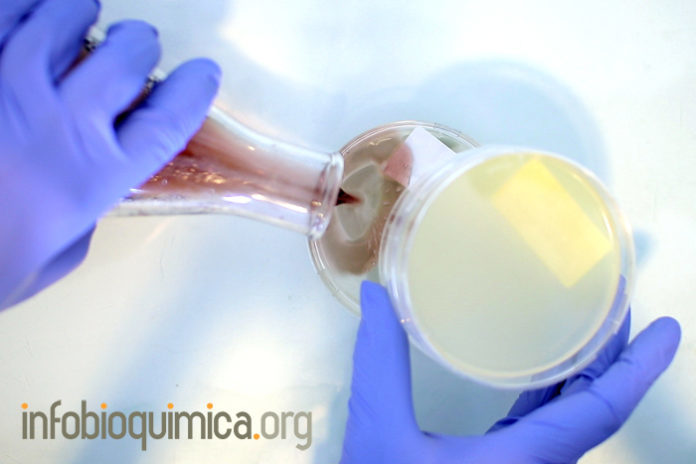Despite a large arsenal of usually effective antibiotics, the therapeutic options are few in cases of infections caused by multidrug-resistant (MDR) organisms, and even more so by extensively drug-resistant (XDR) strains, often leaving only colistin as reliable option. Reports of pan-drug resistance, for which no antibiotic options exist, are accumulating in some parts of the world. The production of carbapenemases together with other resistance mechanisms, including those to unrelated antibiotic groups, has hampered the usefulness of carbapenems as the therapy of choice for extended-spectrum b-lactamase producing MDR Gram-negative bacteria.
Author: U. Theuretzbacher. Center for Anti-Infective Agents, Vienna, Austria
Clinical Microbiology and Infection 23 (2017) 695e696






























